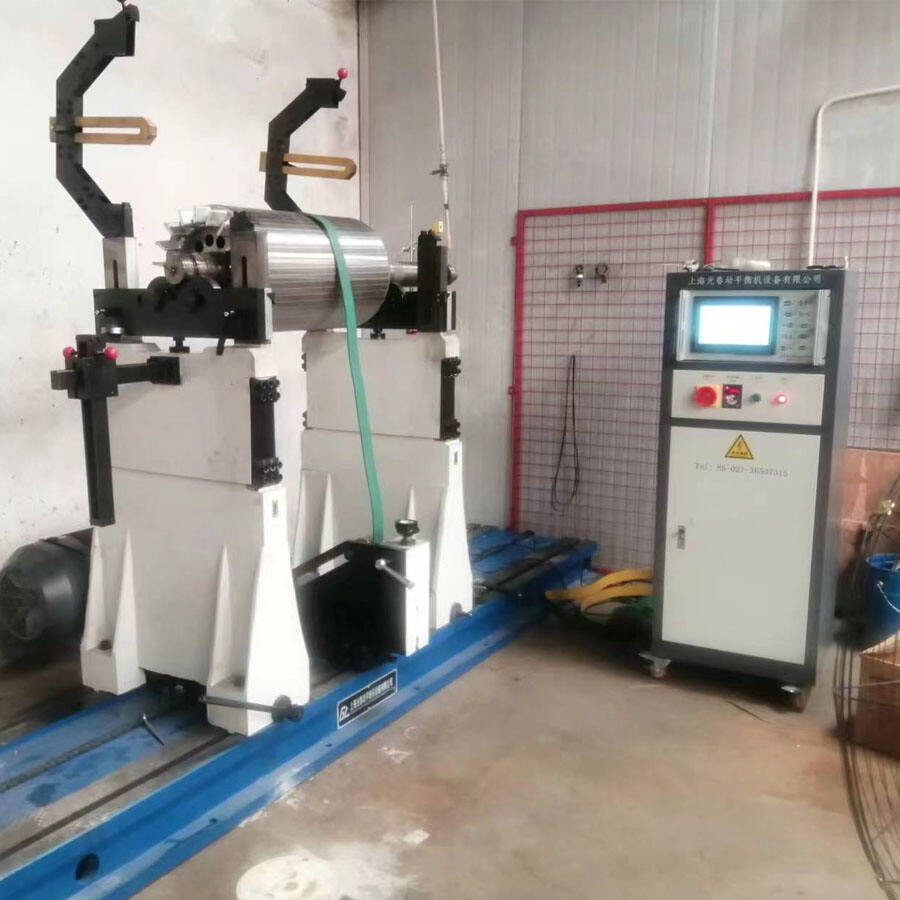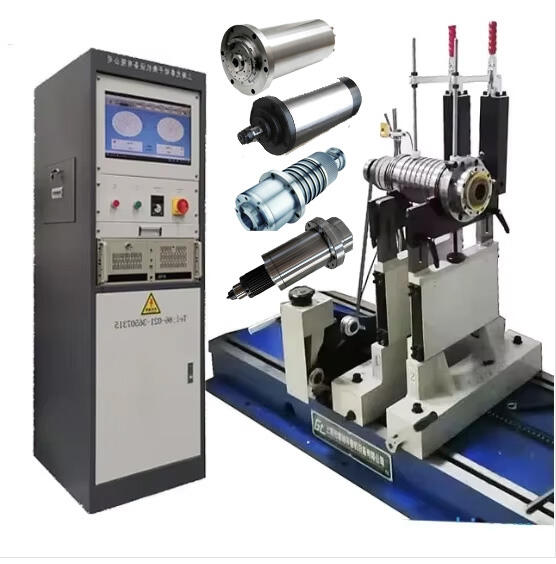high precision
High precision technology represents a cornerstone of modern manufacturing and measurement systems, encompassing advanced capabilities for achieving exceptional accuracy and reliability in various applications. This sophisticated technology utilizes state-of-the-art sensors, calibration systems, and control mechanisms to maintain exact specifications across multiple industries. The system incorporates advanced algorithms and real-time monitoring capabilities to ensure consistent performance and minimal deviation from set parameters. Its main functions include ultra-precise measurement, automated quality control, and high-accuracy manufacturing processes. The technology features advanced error compensation systems, thermal stability control, and sophisticated feedback mechanisms that work in concert to maintain precise operations. Applications span across numerous sectors, including aerospace manufacturing, semiconductor production, medical device fabrication, and scientific research. The system's ability to achieve microscopic levels of accuracy makes it invaluable in situations where even minimal deviations could have significant consequences. The technology integrates seamlessly with modern digital systems, allowing for real-time data analysis and adjustment, while maintaining strict tolerance levels throughout operational cycles.


